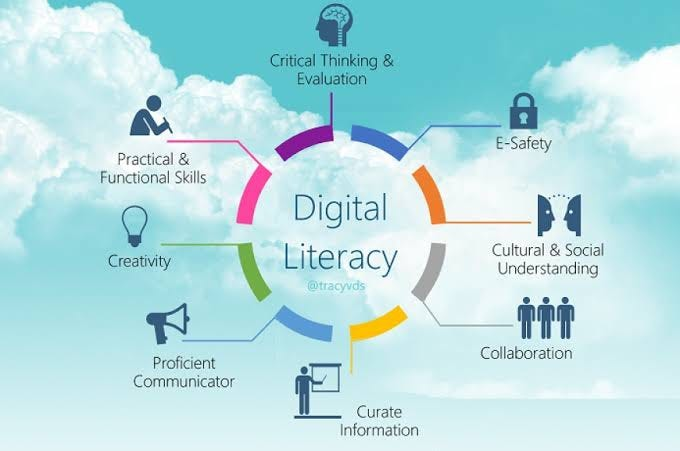Digital Literacy in the Age of screens: A 2024 RECAP
- DigiLit

- Jul 12
- 2 min read
By: Devyani Bathla
The year 2024 was marked by significant strides and stark reminders in the realm of digital literacy, both in India and globally. As technology continued to shape education, governance, and everyday life, the importance of equipping citizens with digital skills emerged as a top policy priority.
India led from the front, with Kerala becoming the first state to achieve total digital literacy. Through community-led initiatives like 'Digi Pullampara', the state trained thousands of individuals across age groups, solidifying its position as a national model for digital inclusion. Complementing this, the Indian government and civil society expanded digital literacy outreach in rural regions, with special emphasis on bridging gender gaps. According to The CSR Journal, only 38% of Indian households were digitally literate as of 2020-21, highlighting the urgent need for action—especially among rural women.
The education sector responded with integrated approaches. As reported by India Today, schools began embedding digital literacy and mental health education into curriculums, recognizing the twin challenges of online misinformation and student well-being. However, 2024 also saw cautionary tales. A retired colonel and his wife in Chandigarh lost ₹3.4 crore in a “digital arrest” scam, underscoring the risks of digital illiteracy among senior citizens and the growing sophistication of cybercrime.
Globally, several milestones stood out. UNESCO’s Global Media and Information Literacy Week, held in Jordan, addressed the role of critical thinking in the age of AI. The UN also adopted the Global Digital Compact, a framework to guide ethical and inclusive digital growth across nations. Meanwhile, the Edison Alliance, a World Economic Forum initiative, surpassed its goal of positively impacting 1 billion lives through digital inclusion.
Corporate efforts followed suit. Adobe launched a global initiative to train 30 million youth in AI and digital content creation by 2030. In Europe, a worrying EU study found that 43% of 14-year-olds lacked basic digital skills, sparking calls for urgent curriculum reform. Ukraine, amid its geopolitical challenges, accelerated its digital education infrastructure, offering a resilient model for digitally empowering citizens in crisis.
In sum, 2024 reinforced that digital literacy is no longer optional. From classrooms to panchayats and global forums, it is now at the core of inclusive development, civic engagement, and security in the digital age.









Comments